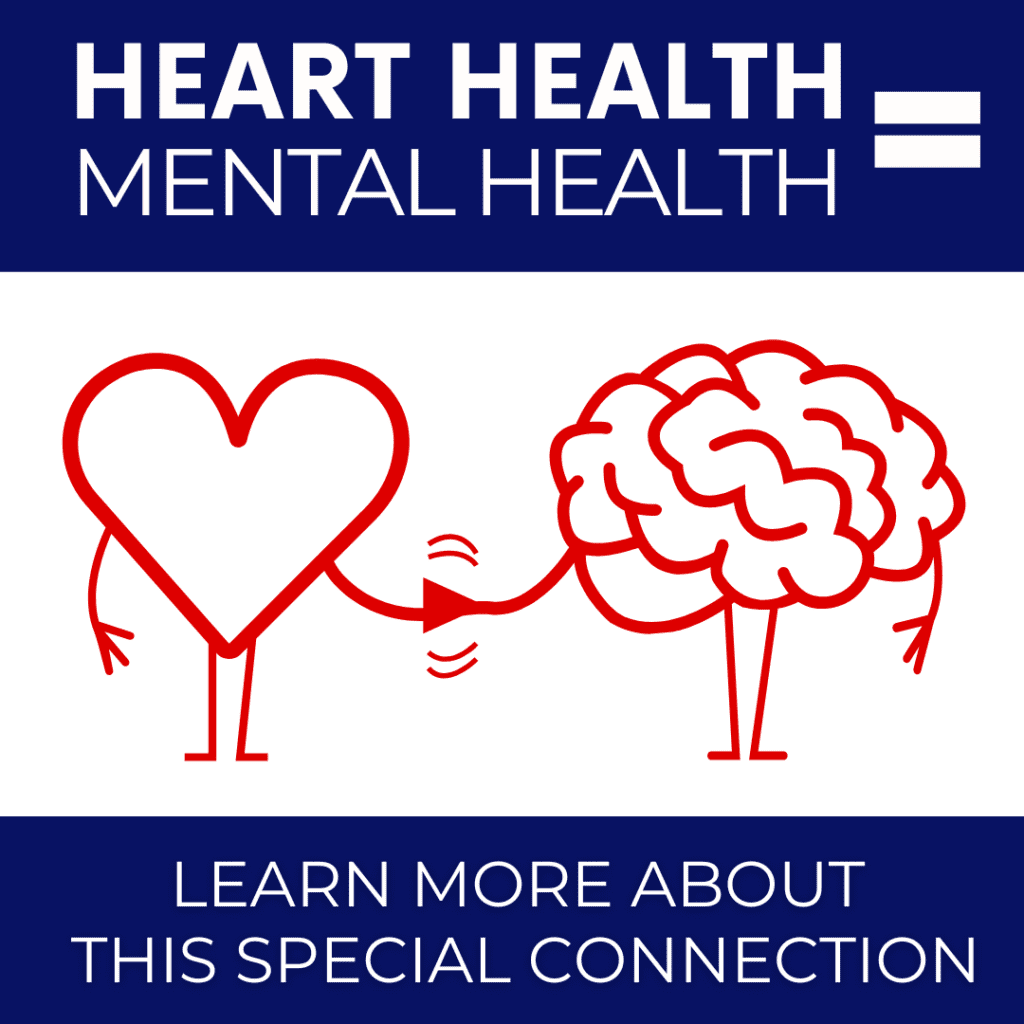Senior Life Solutions
The interplay between mental health and physical health is well-documented, and in older adults, this connection becomes even more pronounced. The heart, a vital organ, is particularly susceptible to the influence of mental well-being. Understanding how mental health conditions like depression, anxiety, and chronic stress affect cardiovascular health in older adults is crucial for promoting holistic care and improving the quality of life in this population.
The Mental-Heart Connection
The link between mental health and heart health is multifaceted. Studies show that mental health conditions can exacerbate existing heart conditions and, in some cases, even lead to the development of new cardiovascular issues. Some of the key ways mental health impacts heart health include:
· Chronic Stress. Chronic stress triggers the release of stress hormones like cortisol and adrenaline, which can lead to increased heart rate and blood pressure. Over time, these physiological responses strain the cardiovascular system, increasing the risk of hypertension, heart attacks, and strokes.
· Depression. Depression is a significant risk factor for heart disease. Older adults with depression are more likely to experience changes in heart rate variability, increased inflammation, and poor lifestyle habits, such as inactivity, unhealthy eating, and neglecting medical care.
· Anxiety. Anxiety causes the body to remain in a heightened state of arousal, leading to increased heart rate, palpitations, and elevated blood pressure. Chronic anxiety can also exacerbate other cardiovascular risk factors, such as poor sleep and substance misuse.
Cardiovascular Complications Linked to Mental Health
1. Coronary Artery Disease (CAD): Depression and anxiety are strongly associated with an increased risk of CAD, as they contribute to inflammation and atherosclerosis.
2. Heart Failure: Older adults with persistent mental health conditions may face challenges adhering to treatment plans, leading to worsened outcomes in heart failure management.
3. Arrhythmias: Stress and anxiety are linked to heart rhythm disorders like atrial fibrillation, which can increase stroke risk.
Barriers to Integrated Care for Older Adults
Older adults often face unique barriers to addressing both their mental and physical health. Stigma surrounding mental health, limited access to behavioral health services, and misconceptions about aging can hinder effective treatment. For example, symptoms of depression in older adults are sometimes dismissed as normal parts of aging, leading to underdiagnosis and undertreatment.
Strategies for Improved Outcomes
1. Routine Mental Health Screening: Regular mental health check-ups should be integrated into primary care visits, especially for individuals with a history of heart disease or significant stressors.
2. Behavioral Health Support: Offering access to counseling, psychiatric care, and stress management programs can help older adults better manage mental health challenges.
3. Lifestyle Interventions: Encouraging regular physical activity, a heart-healthy diet, and sufficient sleep can simultaneously improve mental and heart health.
4. Education and Awareness: Healthcare providers and caregivers must educate older adults and their families about the link between mental and heart health, reducing stigma and promoting early intervention.
The impacts of mental health on the heart are profound, particularly for older adults. By addressing mental health conditions with the same urgency as physical ailments, we can reduce the burden of cardiovascular disease and enhance overall well-being in aging populations. A holistic approach to care—bridging mental and physical health—is essential for fostering healthier, happier lives for older adults.
We are Memorial Hospital’s Senior Life Solutions outpatient program, designed to meet the unique needs of individuals typically 65 and older, experiencing depression and/or anxiety related to life changes that are often associated with aging.
If you or someone you know is struggling with mental health challenges, we encourage you to connect with a reputable mental healthcare provider and see how treatment may benefit you. Connect with your provider or reach out to a member of our team today at 785-263-6805. We are here to help.













